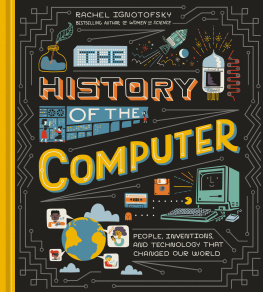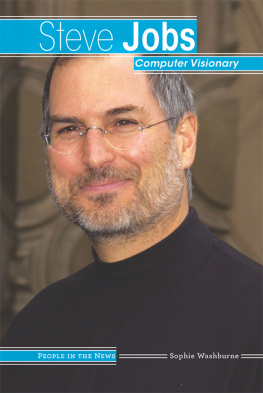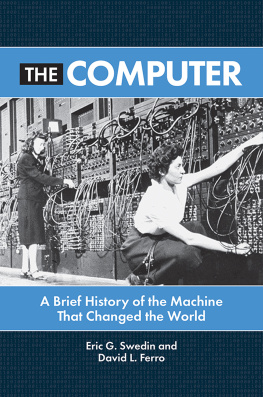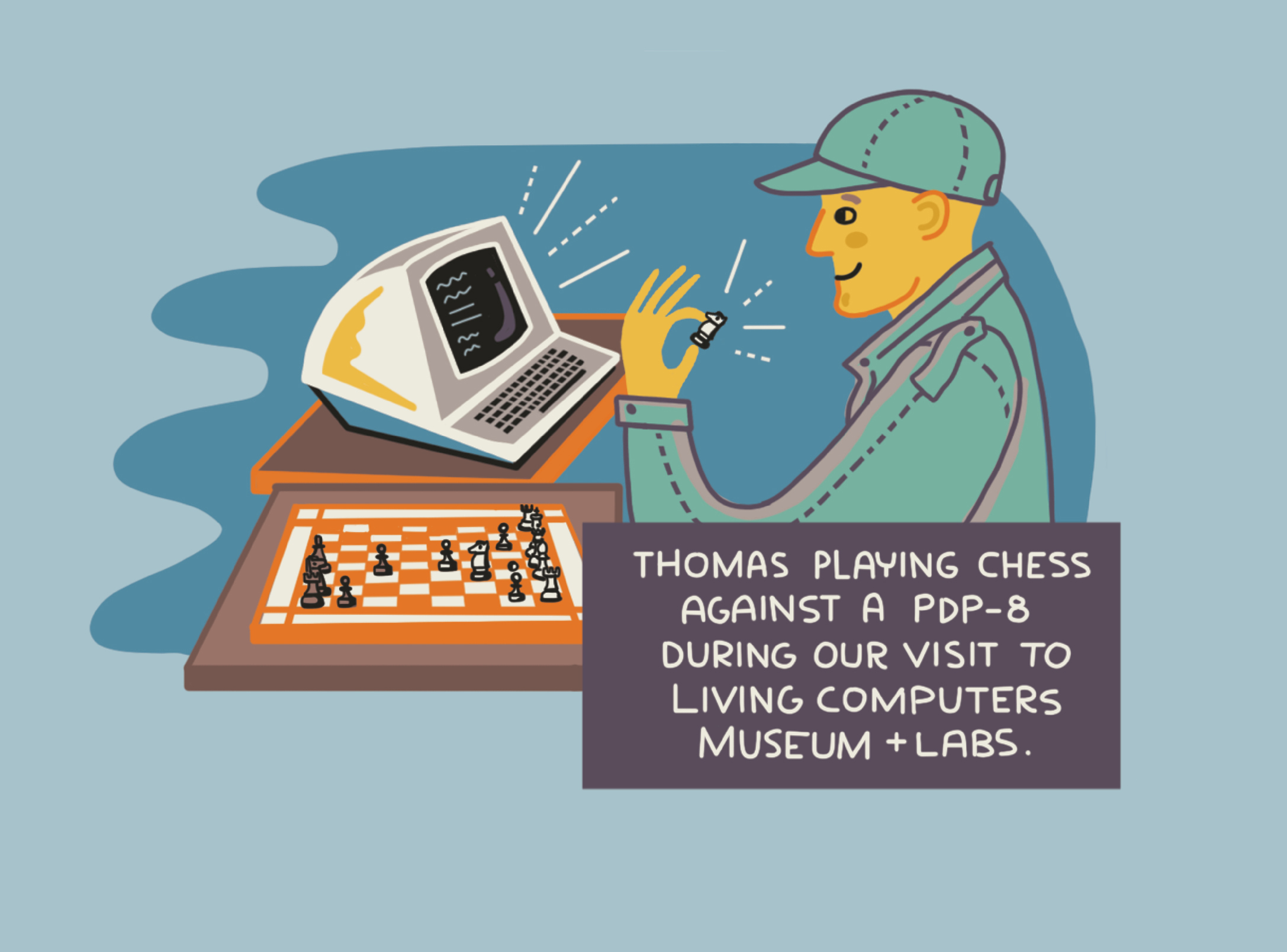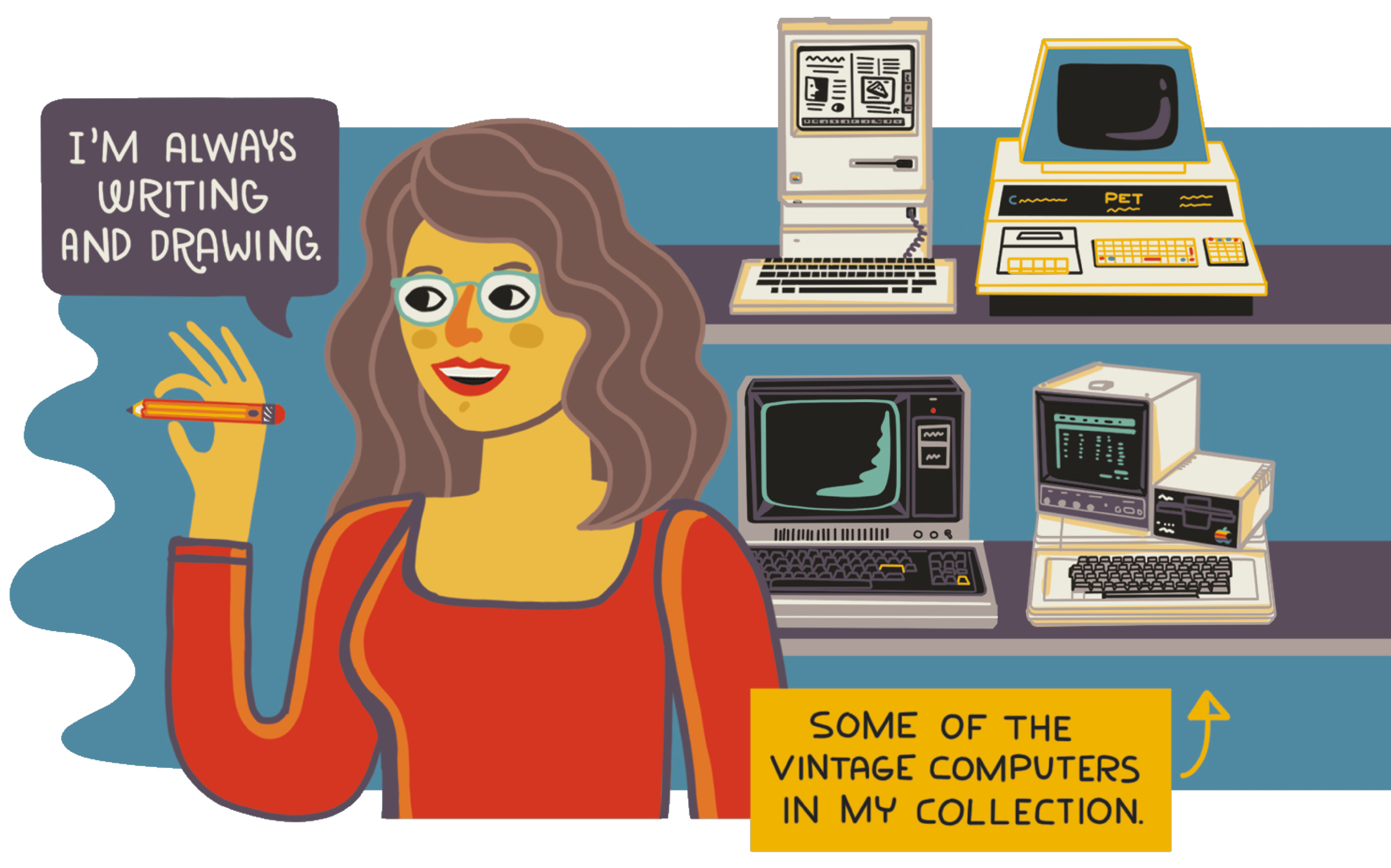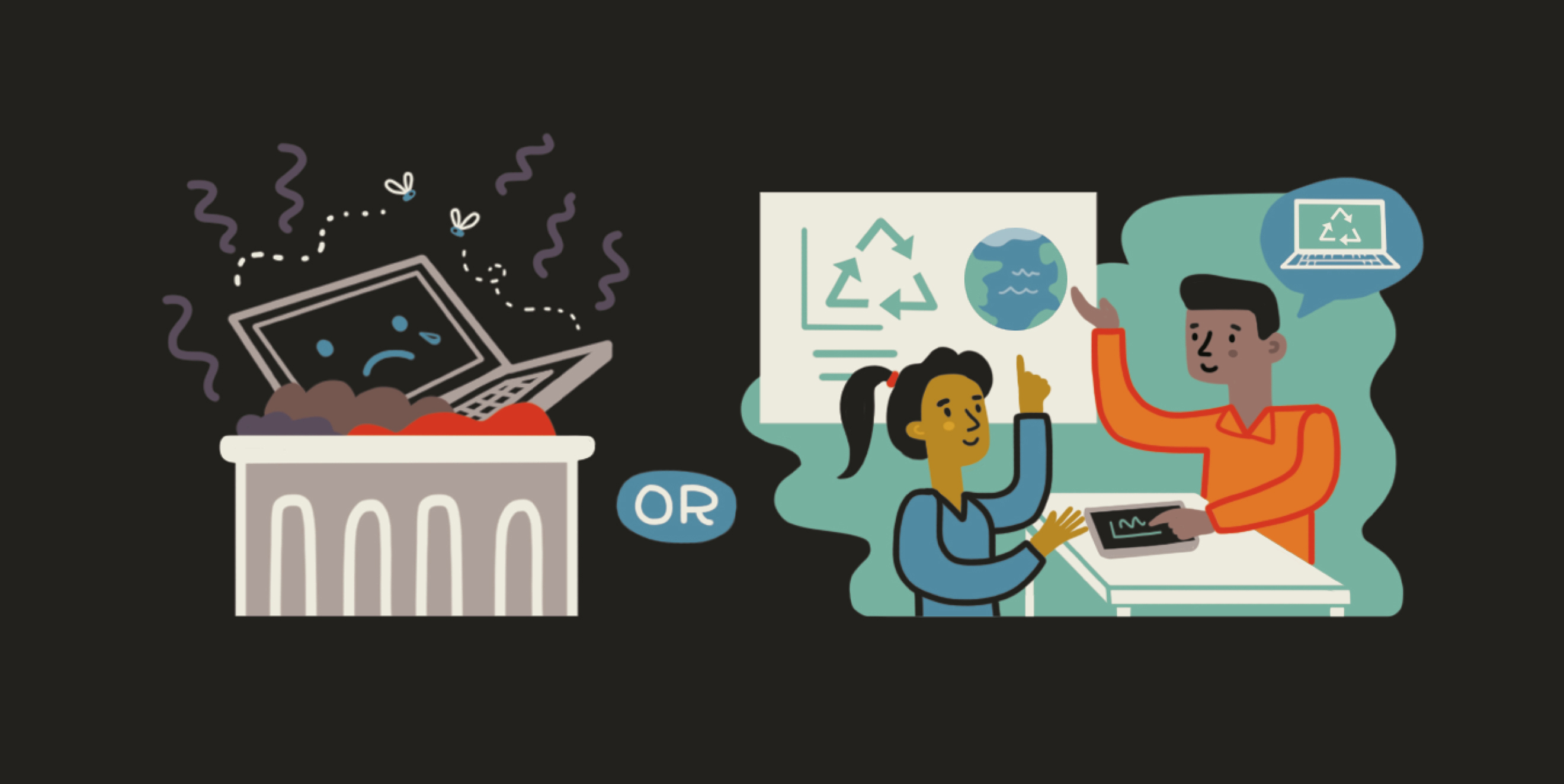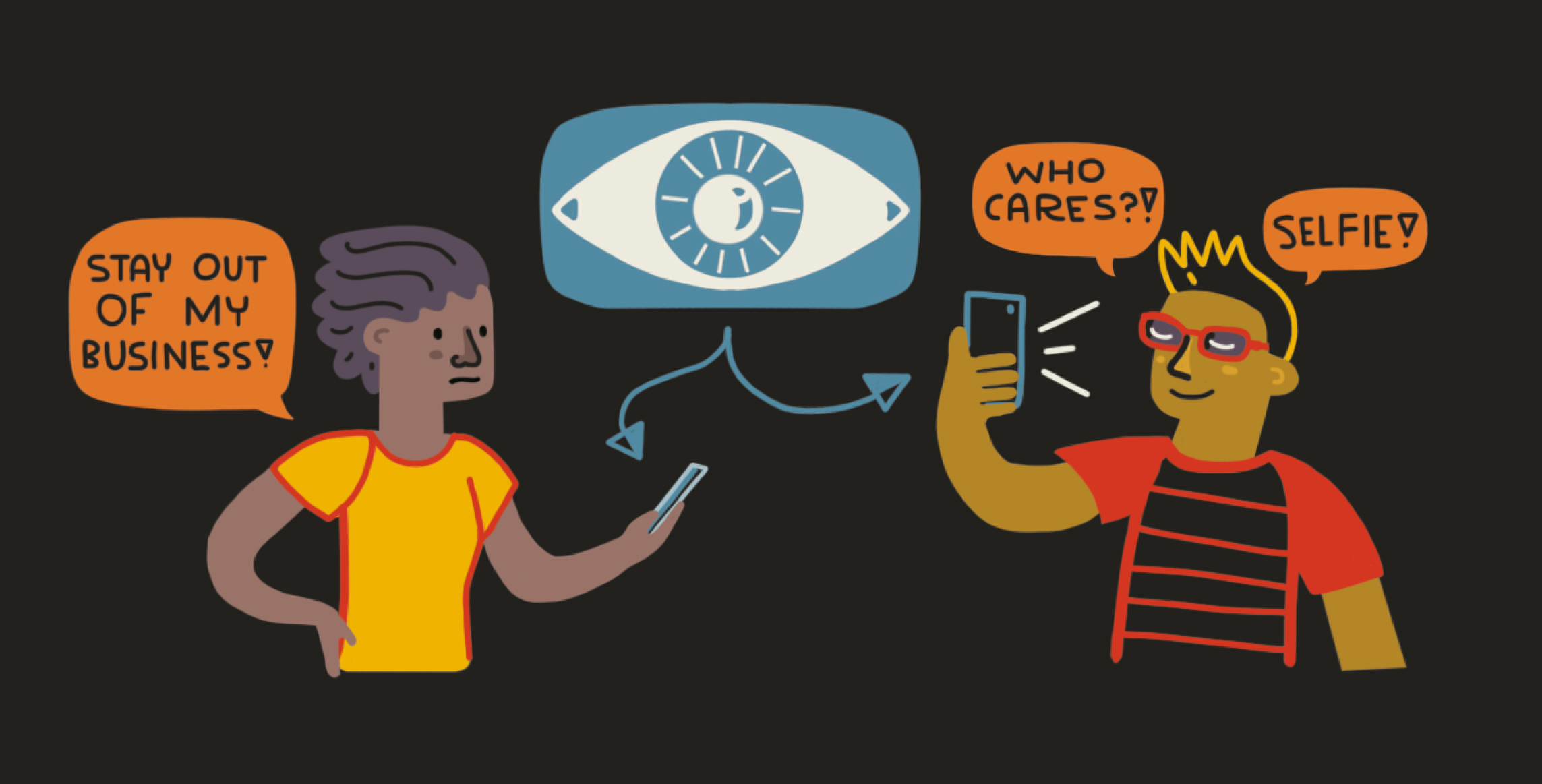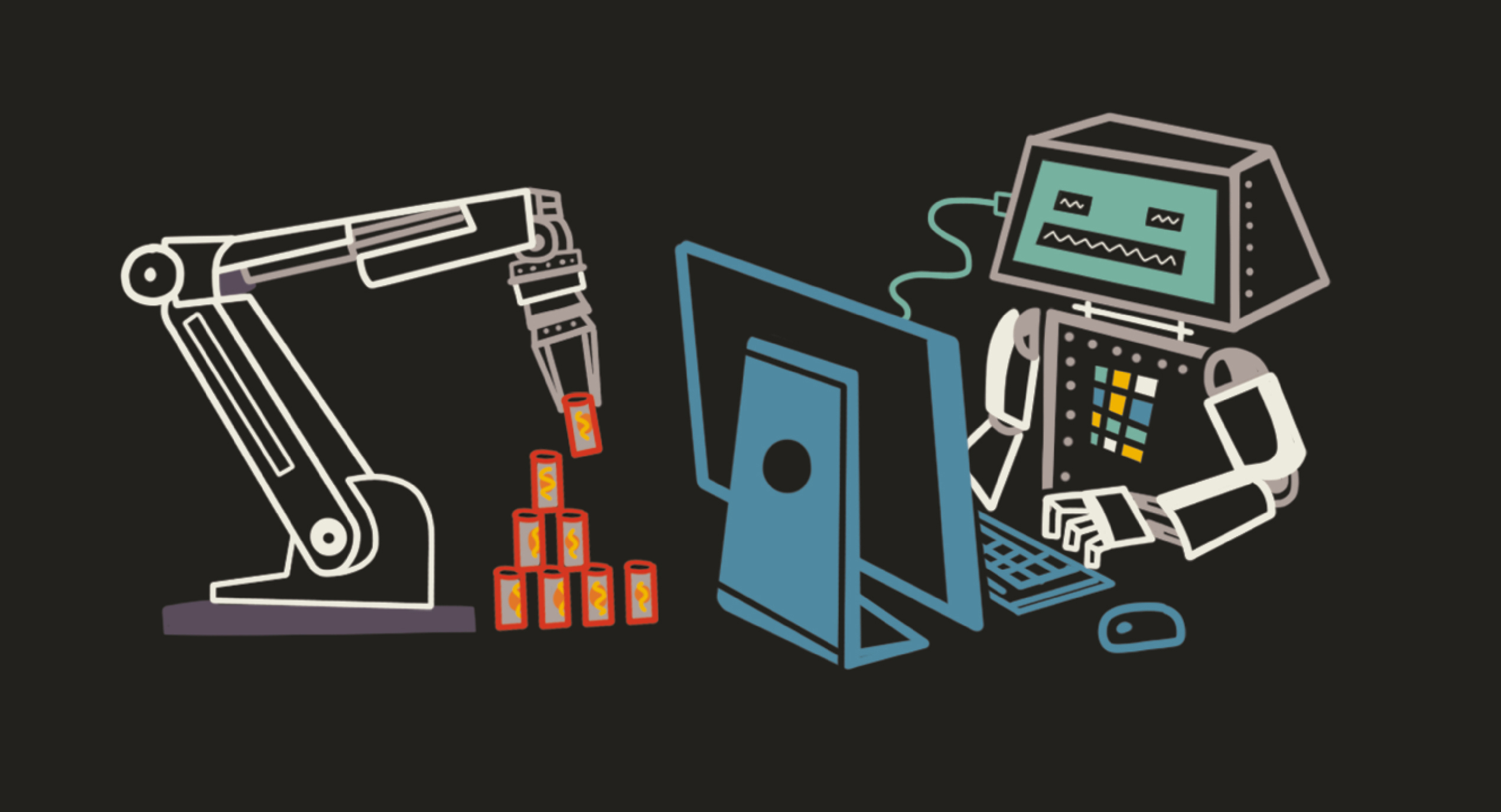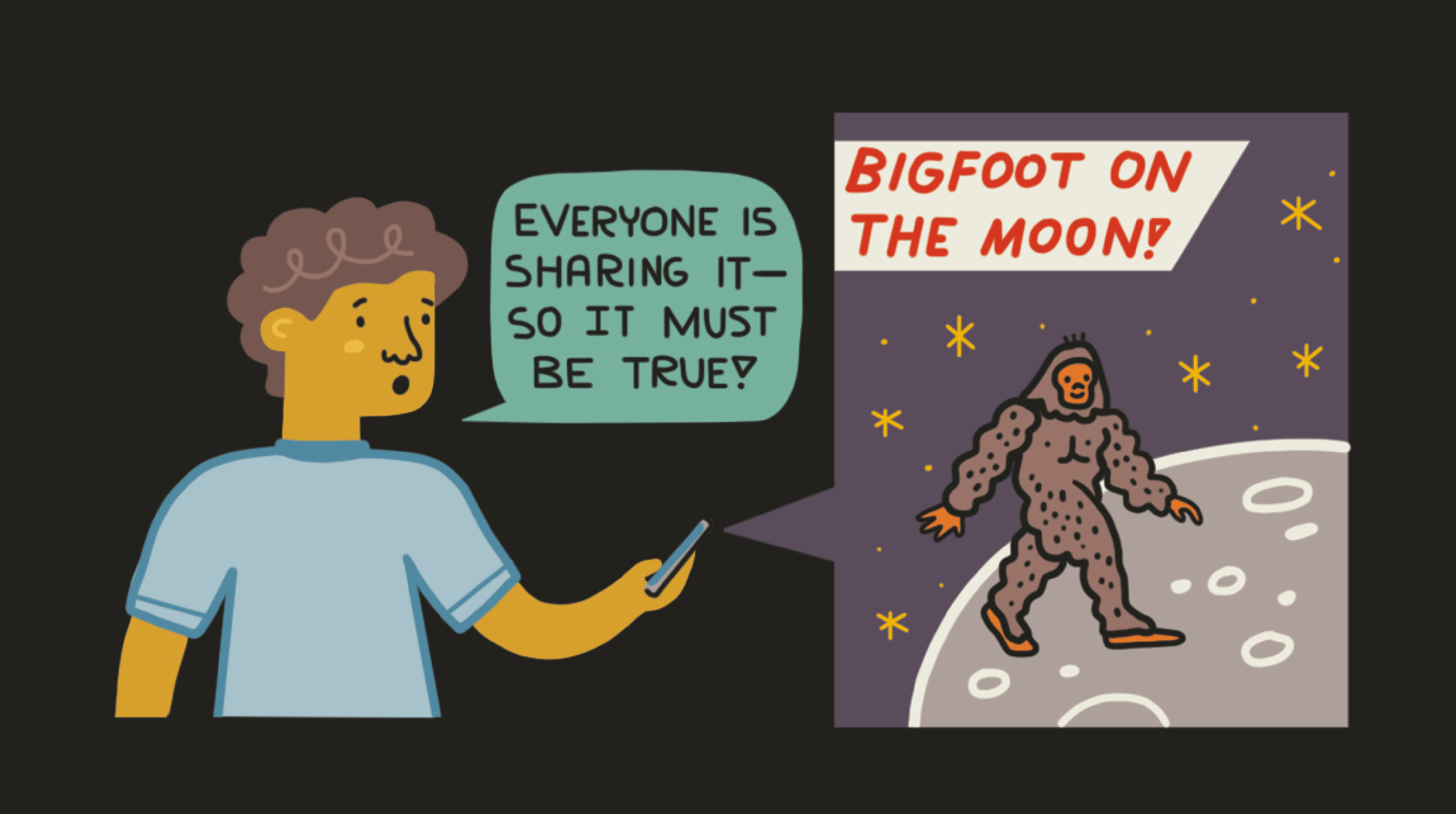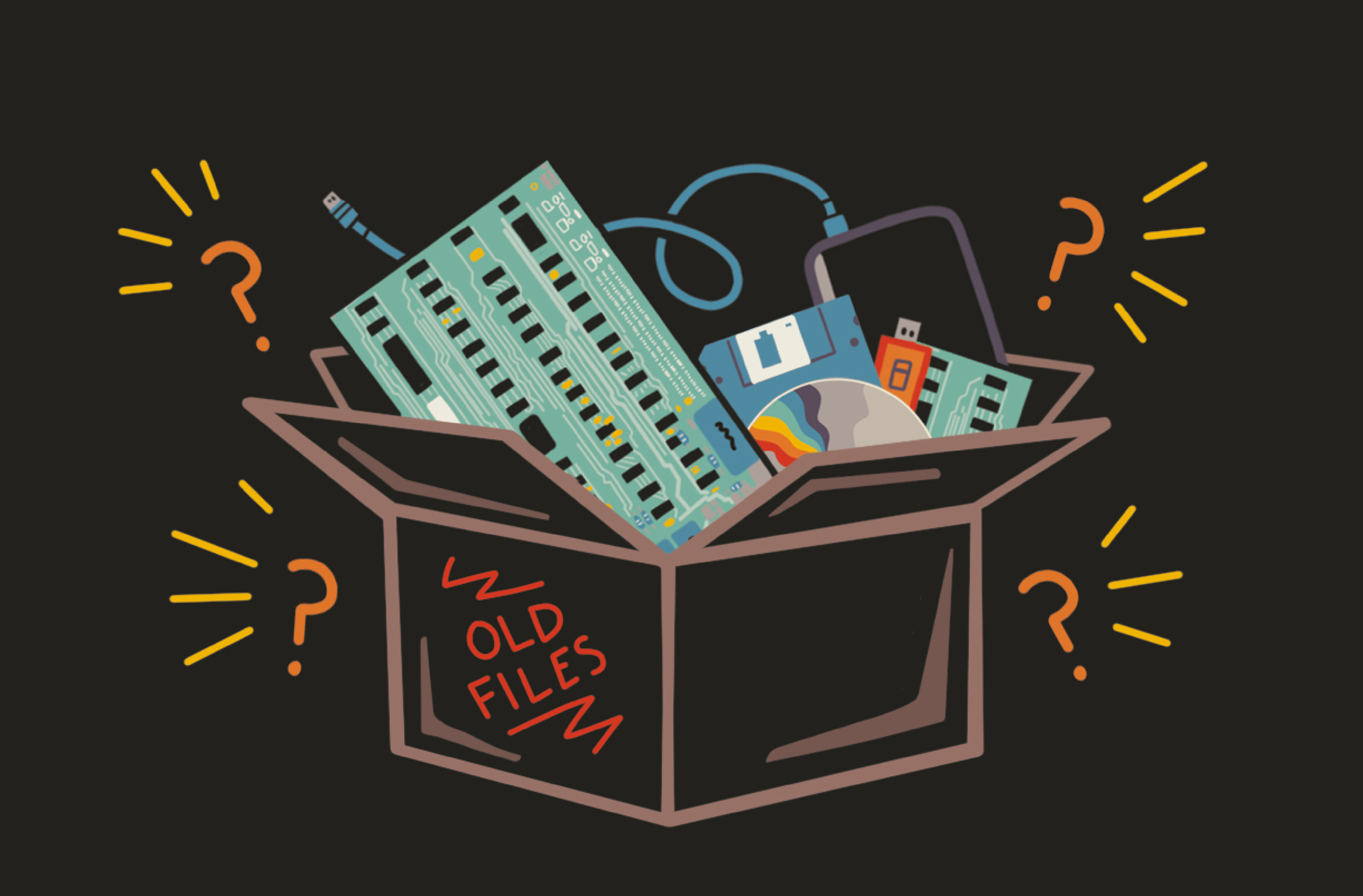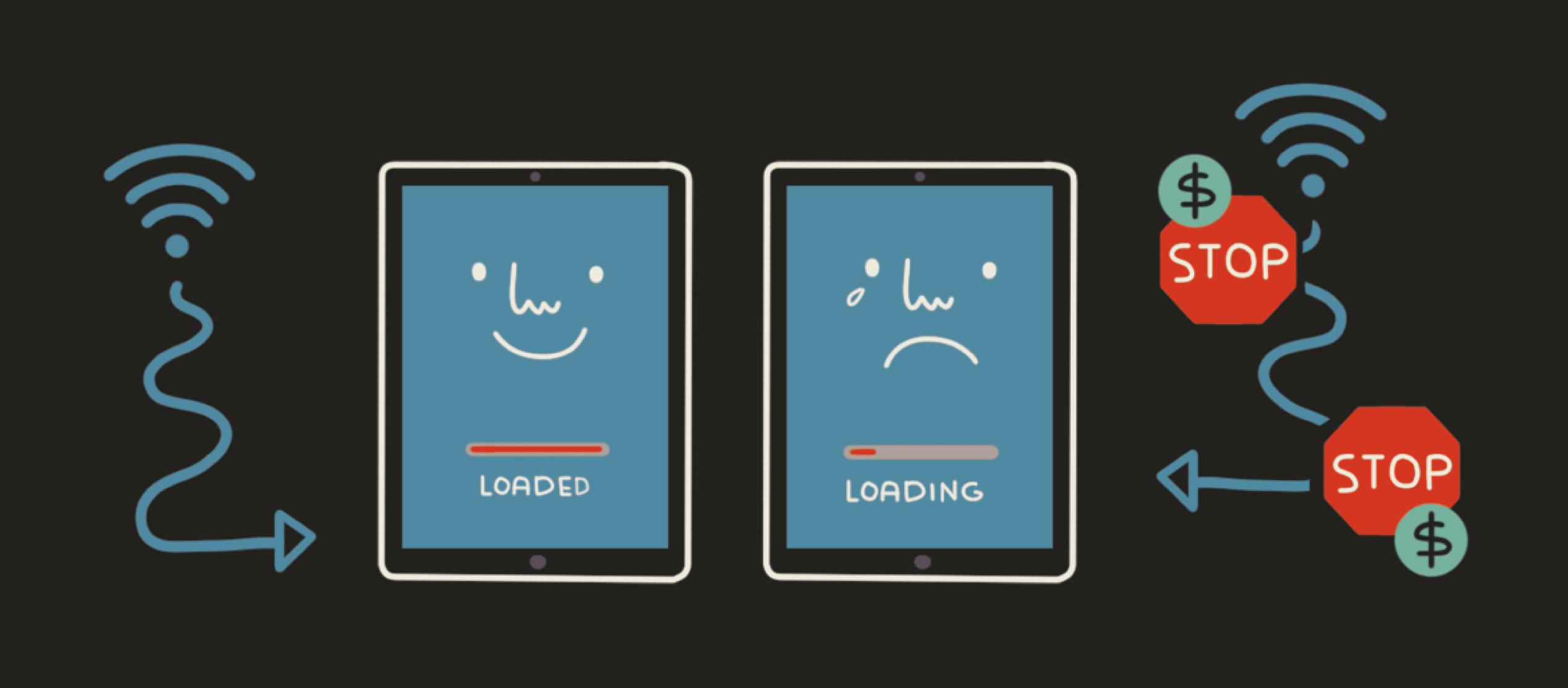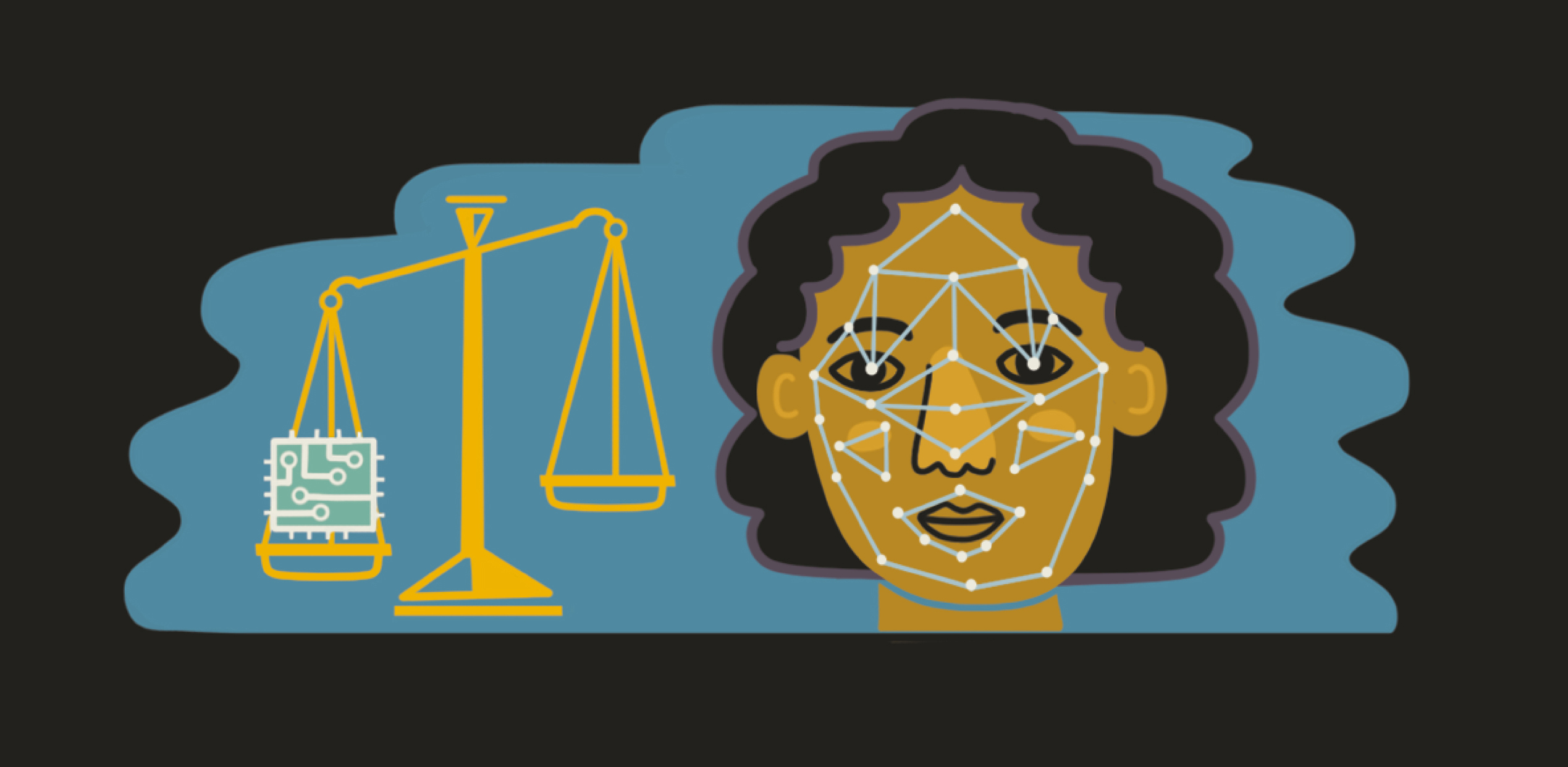First, I would like to thank my husband and business partner, Thomas Mason, for his help with this project. Not only was he my research assistant, who was consulted heavily, but he was also one of my inspirations to write the book. In the early days of dating, our apartment was filled with heaps of old electronics, vintage computers, and vacuum-tube calculators that he would fix and resell to help pay for college. The best of this junk has become prized treasures in our home and part of our own vintage computer collection.
This book is possible because of my team at Ten Speed Press. Thank you to Kaitlin Ketchum for being my amazing editor. She is a champion of my projects, and her support means the world to me. Behind the scenes are a ton of people to thank, including my copyeditor Dolores York, fact checker Mark Burstein, proofreaders Lisa DiDonato Brousseau and Mikayla Butchart; senior managing editor, Doug Ogan; production editor, Sohayla Farman; designer, Chloe Rawlins; and Dan Myers and the entire Ten Speed production team. A big shout-out to Windy Dorresteyn, Monica Stanton, and Natalie Yera, the marketing and publicity team.
A huge thank-you to my literary agent, Monica Odom. She continues to help my book dreams come true!
Like the impact of the steam engine in the Industrial Revolution, the introduction of new computing technology has created huge shifts in how we work and organize our society.
E-WASTE
Building computers requires many nonrenewable resources such as petroleum, gold, and rare-earth elements. Many consumer electronics are designed to be unrepairable and replaced with new devices yearly. This is wasteful and ecologically irresponsible. To keep valuable materials out of landfills, electronics must be part of a future circular economy. We need consumer-friendly designs that allow tech to be repaired and upgraded so hardware can last as long as possible.
PERSONAL DATA AND PRIVACY
Thanks to smart devices, tech companies have more personal data than many users are aware of, or comfortable with. People around the globe have many different expectations of privacy that must be respected.
AUTOMATION AND LABOR
New kinds of AI and robots are being developed to ease the task of tedious mental or physical labor. In the same way that steam engines and assembly lines replaced jobs in the 1800s, there will be a reorganization of labor as automation continues to change the workforce. App companies have already disrupted traditional employment in transportation and retail, turning many positions into lower-paid gig-based work. Lawmakers are now challenged with the task of how to classify this new kind of workforce, as well as define the benefits and wages that app companies owe to employees.
TRUSTWORTHY SOURCES
On the internet you can learn about anything and everything! While this can be a great experience, there is also a lot of misinformation. The information we consume impacts our world viewwhether it is actively sought or passively absorbed. It is important to always fact-check with credible sources before sharing information found online.
DIGITAL DARK AGE
Digital data may seem as if it will last forever. But with easily broken devices and a lack of physical records, it is at risk of being lost after only a few decades. A potential digital dark age means that archaeologists of the future might not be able to decrypt old computer files. There is no guarantee that the future machines will be able to understand the data created today. If something were to happen to digital archives, like a massive solar flare, data could be corrupted forever. Rick West, who manages data at Google, has said that We may [one day] know less about the early twenty-first century than we do about the early twentieth century.
NET NEUTRALITY
Net neutrality is the principle that all websites and service on the internet must arrive to users at the same connection speed. This means that ISPs (internet service providers) are not allowed to prioritize the speed of, or access to, one website over another. Net neutrality has a great impact on the freedom of speech and freedom of enterprise. In general, Europe has the strongest net neutrality protections.
BIAS IN ALGORITHMS AND AI
While AI is a powerful tool to abridge mental labor, it is not perfect. Algorithms will be as biased as the people who create them. This can have bad consequences when AI is used to sort through items such as job rsums and loan applications or used for facial recognition. AI is only as ethical and unbiased as the people who use it, and it can be very dangerous when used with bad intent.
DIGITAL DIVIDE
Computers and internet access have become a necessity and are especially vital in education. Many people in the United States and around the world are still unable to afford personal computers. Without proper hardware, they are unable to participate in computer-driven work or school. Many functional computers end up in landfills and e-waste centers, when they could be in the hands of those who need them. The cost of fast and reliable internet access is also a problem for millions of people. Everyone needs access to fully functional technology!

